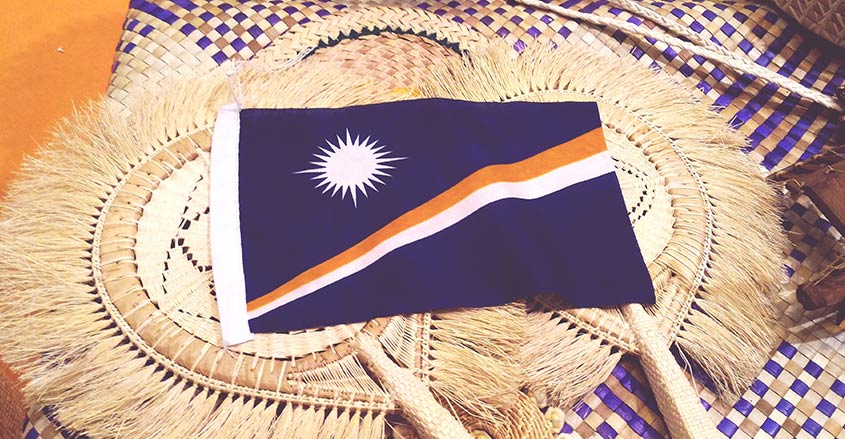The Republic of the Marshall Islands, an nation of islands and tiny atolls in the Pacific Ocean, will become the first government in the world to create a cryptocurrency as a state-backed legal tender.
The RMI-backed cryptocurrency, formalized into law in late February, will be called a Sovereign and, informally, a “SOV.”
Once issued, the SOV will enjoy co-currency status with the U.S. dollar, the current official currency of the country.
Whereas the new Venezuelan state cryptocurrency “Petro” is backed by state-controlled oil reserves, the SOV will have its value determined by the markets.
An Israeli Y-combinator fintech called Neema is working in close conjunction with the RMI government to create and issue the SOV.
A total of 24 million digital SOV tokens that can be redeemed for physical SOVS will be sold ahead of an initial coin offering, to be held by the government in late 2018. An ICO is a fundraising initiative designed to raise money for cryptocurrency-centric business endeavors.
Half of the issued SOVs will go to Neema and the other half to the RMI government.
The RMI government wants to sell about 6 million SOVs to international investors. About 2.4 million SOVs will be distributed to RMI residents.
Digital future
The SOV’s creators hope it acts as a precursor for future blockchain-based currencies that are regulated, secure, traceable and non-anonymous, unlike Bitcoin.
“SOV is a big deal because, until now, all cryptos were in regulatory limbo,” said Barak Ben-Ezer, co-founder of Neema.
RMI authorities want to raise money to bridge budget gaps, fund solutions to global warming and aid residents affected by nuclear testing conducted by the United States in the country during World War II.
“This is a historic moment for our people, finally issuing and using our own currency, alongside the USD,” said RMI President Hilda C. Heine.
“It is another step of manifesting our national liberty. Allocating SOV units directly to the citizens will circulate the currency and distribute wealth efficiently to our people.
“In addition, the RMI will invest the revenues to support its climate change efforts, green energy, healthcare for those still affected by the U.S. nuclear tests and education.”
The RMI conducts business with the United States via the international compact of free association. The United States grants the RMI about $70 million in financial assistance annually.
RMI government critics are wary of giving so many SOVs to Neema and believe that focus should stay on raising fiat currencies to solve current issues.
Other critics are worried that international investors will not be attracted to the SOV or that it would not have any appreciable value outside of the RMI.
The official date of issuance for the SOV has yet to be announced.


